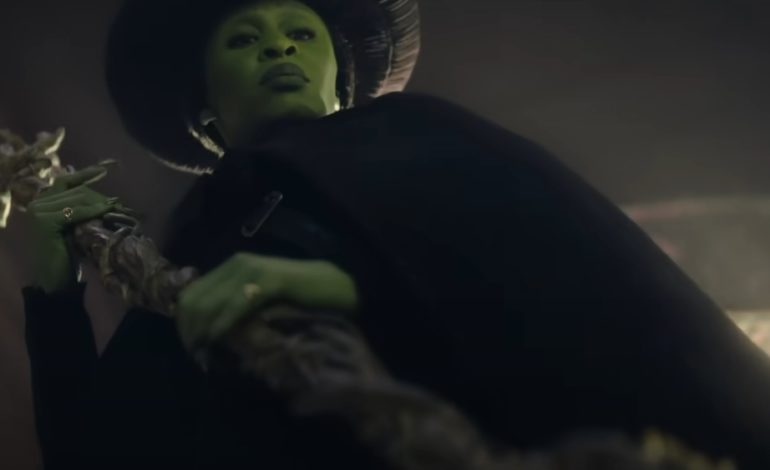

Cynthia Erivo is not new to writing original songs for her films. She wrote a piece of original music for the film Harriet, where she starred as the historic figure Harriet Tubman. She has also already had powerhouse performances on stage and screen.
The first part of the two-part Wicked duology is already a phenomenon, and Erivo’s portrayal of the misunderstood Elphaba is winning accolades and nominations. Erivo revealed to Variety’s Awards Circuit Podcast the journey this far is more than just a career milestone. It’s personal.
Erivo drew on her own experiences when she approached Elphaba. “I know what it feels like to walk into a room where people don’t want you to be there,” Erivo shares on this week’s episode. “I know what it feels like to be bullied, to feel rejected, to feel like you’re not loved. Bringing those memories to the surface wasn’t easy, but it was necessary to show Elphaba’s vulnerability and resilience.”
The actress has received numerous accolades and only needs an Oscar to complete her EGOT. If she wins her Best Actress nomination, she will be the first to complete her EGOT on the Oscar stage.
Erivo’s interpretation of Idina Menzel’s character, which originated on Broadway, captures Elphaba’s growth and confidence. Erivo says she wanted to earn her melodic power with the audience.
Beyond Wicked Erivo plans to release her debut album next year, just before the release of Wicked: For Good, she revealed to Variety. Erivo worked closely with composer Stephen Schwartz to create an original song for Elphaba in Wicked: For Good. “I collaborated on one of the new songs, and it’s so special to me,” she shares. “When we filmed it, the entire crew was in tears. I hope audiences are ready — it’s a song that speaks to the heart of who Elphaba is.”
She teases the darker, more mature tone of the second film and how passionate she is about challenging traditional notions of what is good and evil. “Elphaba isn’t wicked. None of the characters are purely good or bad. They’re flawed, complex, and human,” Erivo says. “This story asks us to reconsider the labels we place on others and ourselves. It’s about empathy and understanding. The world needs more of that right now.”
